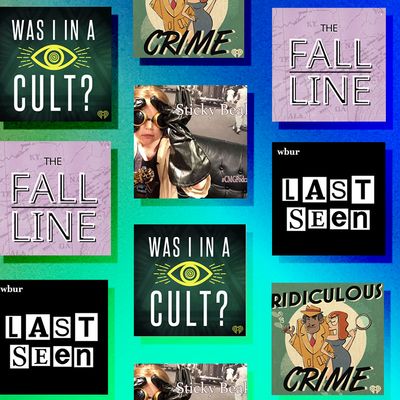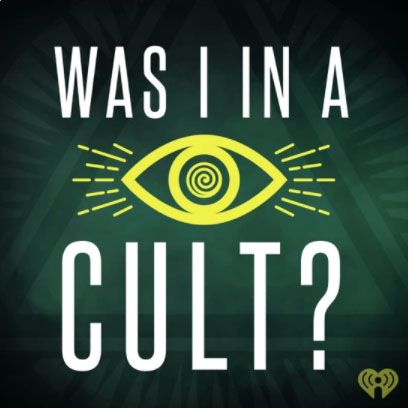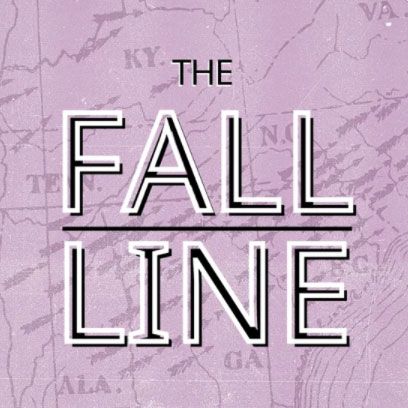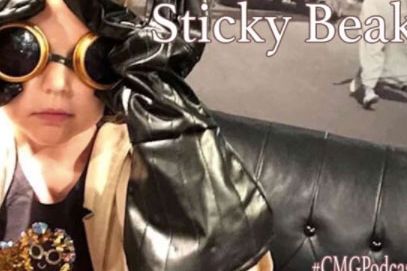
The true-crime-podcast universe is ever expanding. We’re here to make it a bit smaller and a bit more manageable. There are a lot of great shows, and each has a lot of great episodes, so we want to highlight the noteworthy and the exceptional. Each month, our crack team of podcast enthusiasts and specialists picks its favorites.
Was I in a Cult?
Yes, in retrospect, the guests on filmmaker Tyler Measom and comedian Liz Iacuzzi’s podcast were, at one point (or sometimes at more than one), in a cult. Now that they’re no longer in the grip of a cult, they’re talking about their experiences in hopes of helping others to avoid what they’ve been through. Arianna, who worked as a social-media-marketing assistant for a “Millionaire’s Club,” reflects on the ease with which she fell into what, in retrospect, was clearly a cult, complete with manipulation and demands for behavioral changes and allegiance, no matter what the emotional and physical cost. Listen also for Dan’s story of growing up in and leaving Armstrongism (also known as the Worldwide Church of God) and what led him into another cult afterward, Roberta’s account of her time in LuLaRoe, and more. It might seem strange to characterize this podcast as funny, but that’s an important element of it. Measom and Iacuzzi are generous and thoughtful in their interviews and know when to jump in with levity and humor, even as their subjects deliver sober reminders that actually, none of us is immune to the lure of cults. —Chanel Dubofsky
Ridiculous Crime
This new podcast hosted by Zaron Burnett and Elizabeth Dutton is a fluffy little treat that promises to be “Always 99% murder-free and 100% ridiculous.” The podcast’s overall vibe is amused, with a fair amount of empathy when appropriate, such as for the teen criminal at the center of its first episode, “Forget It Jake, It’s Flavortown.” While, yes, it’s hilarious and incredible that a teen rappelled into a dealership to steal Guy Fieri’s sweet-ass Lambo and nearly got away with it, what brought him there and what has happened to him since is serious business. I also adore Dutton and Burnett’s riffs and sidebars as they contemplate the black market for stolen gear from the House of Mouse and similarly silly aspects of the human condition. Hit subscribe and listen while you commute to work or any time when the terror of modern life becomes too much to bear. —Jenni Miller
Last Seen
In its debut season, Last Seen focused on a singular case: the 30-year-old (and still unsolved) mystery of the Isabella Stewart Gardner Museum heist, in which two men dressed as cops made off with 13 pieces of valuable artwork from the revered Boston institution. For season two, the WBUR-produced podcast continues its theme of missing treasures but expands to an anthology format, with each episode covering a different lost item (or idea). True crime still figures prominently: The first episode, “Murph,” covers familiar heist territory — this one at New York’s Museum of Natural History — while the most recent episode, “Belly Up,” tells the story of an intoxicated trio who break into a remote part of a national park and leave a dead endangered fish in their wake. But Last Seen’s new approach also provides nerdier surprises that don’t include a judge and jury — like an episode explaining freeports (which you may know about from the Christopher Nolan movie Tenet) and one exploring the question of whether there’s a ninth planet (that isn’t Pluto). Come for the quirky capers, stay for the cocktail-party-worthy trivia. —Amy Wilkinson
The Fall Line,“Encyclopedia of the Unidentified”
This episode of “The Fall Line” is a fascinating peek at how your web-sleuth sausage gets made. Host, researcher, and writer Laurah Norton interviews the creator of Unidentified Wiki, a website dedicated to unidentified (and formerly unidentified) victims of crimes in the United States — an invaluable research tool that Norton herself is using for a book project I am awaiting with bated breath. Nick Wagler taught himself how to write and edit Wiki pages in high school, but once he turned his attention to unsolved crimes, he realized that Wikipedia was too blunt of a tool for his purposes. Wagler and other users of the Encyclopedia of the Unidentified compile a dizzying array of information collected at the local and national level; truly, the breadth and depth of the work they do are invaluable and go beyond what everyday people think of as “web sleuthing.” This is a terrific and honestly moving interview about the real work that everyday folks are doing to find the missing and murdered. —Jenni Miller
Sticky Beak
On February 16, 2022, Mark Vincent was arrested in Milford, Connecticut, on charges of possessing a stolen firearm. The missing person’s case of Mark’s 12 year-old daughter, Doreen, who disappeared from his Wallingford home in 1988, was reclassified as a homicide in 2020, but as far as we know, there has been no movement otherwise. Now, with Vincent in custody, there’s reason to hope we might know what happened to Doreen. Doreen’s story is full of dark corners pleading to be illuminated, and at the conclusion of season two of Sticky Beak, Jessica Fritz Aguiar brings us into another corner of the mystery of her disappearance: the story of Mark’s second wife, Sharon, who lived with him and their two small children at the Wallingford house in June 1988. It’s a deep and disturbing dive into Sharon’s past that elucidates, in some ways, her behavior following Doreen’s vanishing, but will also set your teeth on edge — in particular, Sharon’s last words to Doreen’s mother, Donna, urging her never to let her daughter see Mark again. —Chanel Dubofsky






